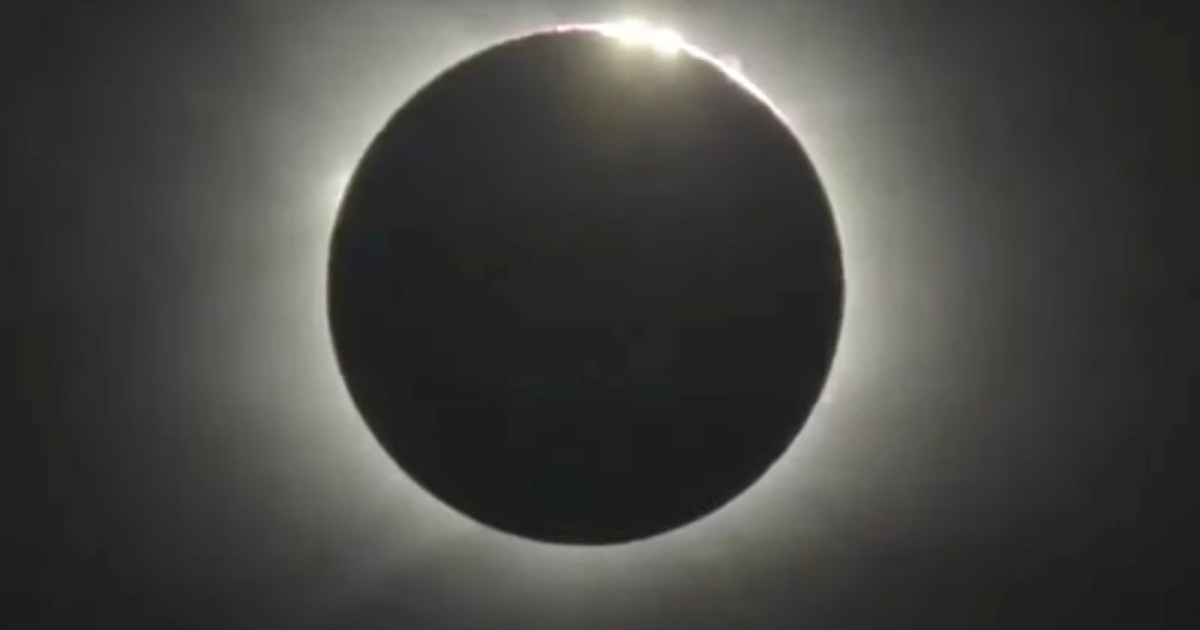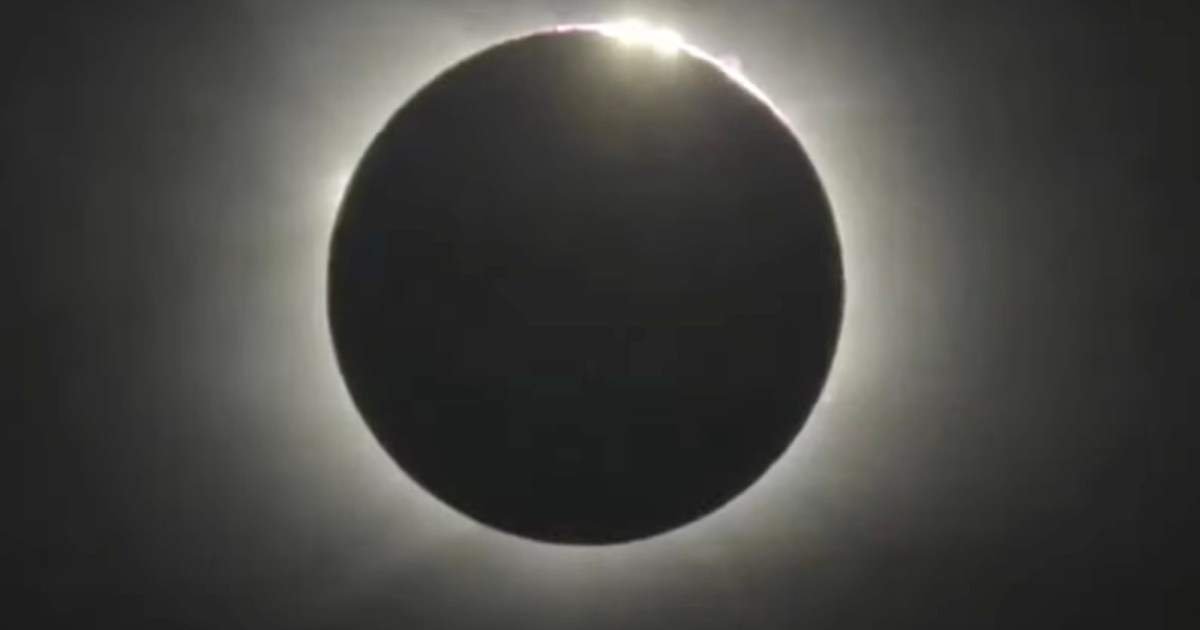
In case you hadn’t heard, a total solar eclipse is about to happen.
The spectacular celestial event on Monday, April 8, will see the moon come between Earth and the sun, casting a dark shadow over an area stretching across the U.S. from Maine to Texas, as also into Canada and Mexico.
If you live along the 115-mile-wide path of totality, you’re in for a real treat. Oh, and also expect millions of your fellow Americans to be joining you as they head to your neck of the woods to experience this rare phenomenon.
Meanwhile, way above our heads, American astronauts Jeanette Epps and Tracy Dyson are also hoping to witness Monday’s total solar eclipse, but from a very different vantage point.
They’re aboard the International Space Station (ISS) around 250 miles above Earth, so they’ll be able to see the shadow falling over their home country rather than the eclipse itself.
Based on current ISS data, Epps, Dyson, and the other astronauts on the station will have three opportunities to view the ground shadow (penumbra and umbra) of the moon as it tracks across the Earth’s surface, NASA said.
“After encountering the eclipse shadow above the Pacific Ocean, then during a pass from the New Zealand area to California and Idaho, the space station is predicted to encounter the eclipse during a time of near-to-full totality while over Maine and New Brunswick around 3:30 p.m. ET,” the agency explained.
In a video (top) shared online on Thursday, Epps said the eclipse will “showcase the connection between the sun, moon, and Earth,” describing the event as “a rare chance for science that gives researchers the opportunity to learn more about the sun and how Earth’s atmosphere responds to its influence.”
The longest period of totality will be 4 minutes and 28 seconds near Torreón in Mexico, while most people inside the path of totality in the U.S. will experience the eclipse at its peak for between 3.5 and 4 minutes.
If you’re planning to watch the eclipse, the most important advice is to put on a pair of special protective sunglasses.
Here’s everything you need to know about how to watch Monday’s eclipse in person or — if you can’t make it to the path of totality — online.
Editors’ Recommendations
Services Marketplace – Listings, Bookings & Reviews
